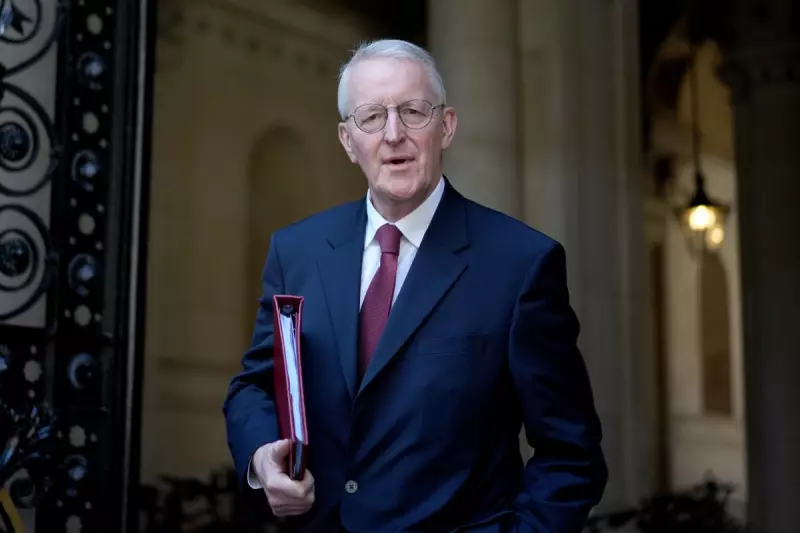
The UK Government has initiated a new round of high-stakes discussions with the Irish Government in a concerted effort to end the political impasse at Stormont. The Secretary of State for Northern Ireland, Chris Heaton-Harris, is leading the charge from Westminster, engaging in what sources describe as "intensive diplomacy" to resurrect the power-sharing executive.
The devolved government in Belfast collapsed over two years ago, leaving Northern Ireland without a functioning administration. The main sticking point remains the post-Brexit trading arrangements, which have created a deep schism between the Democratic Unionist Party (DUP) and other parties.
A Race Against Time
With public services feeling the strain and a growing budget black hole, the pressure to find a resolution is immense. Mr Heaton-Harris has been shuttling between London and Dublin, working behind the scenes to find a compromise that would persuade the DUP to return to the assembly.
"The Secretary of State continues to engage with the Irish government on a range of matters," a spokesperson from the Northern Ireland Office confirmed, highlighting the ongoing and delicate nature of the negotiations.
Sinn Féin's Historic Position and the Stumbling Blocks
Adding a new dynamic to the crisis is the fact that Sinn Féin, which supports the post-Brexit Windsor Framework, emerged from the last election as the largest party. This marks the first time a nationalist party has held the top spot, entitling its leader, Michelle O'Neill, to become First Minister—but only if the executive is restored.
The DUP, however, has continued to block the formation of the government as part of its protest against the Northern Ireland Protocol and its successor, the Windsor Framework. The party argues that the checks on goods crossing the Irish Sea undermine Northern Ireland's place within the UK internal market.
This prolonged stalemate has led to severe consequences, including the recent announcement of significant public spending cuts that threaten to paralyse public services across the region.
The outcome of these UK-Irish talks is being closely watched, as success could see the return of devolved rule, while failure could signal a prolonged period of direct rule from Westminster.






